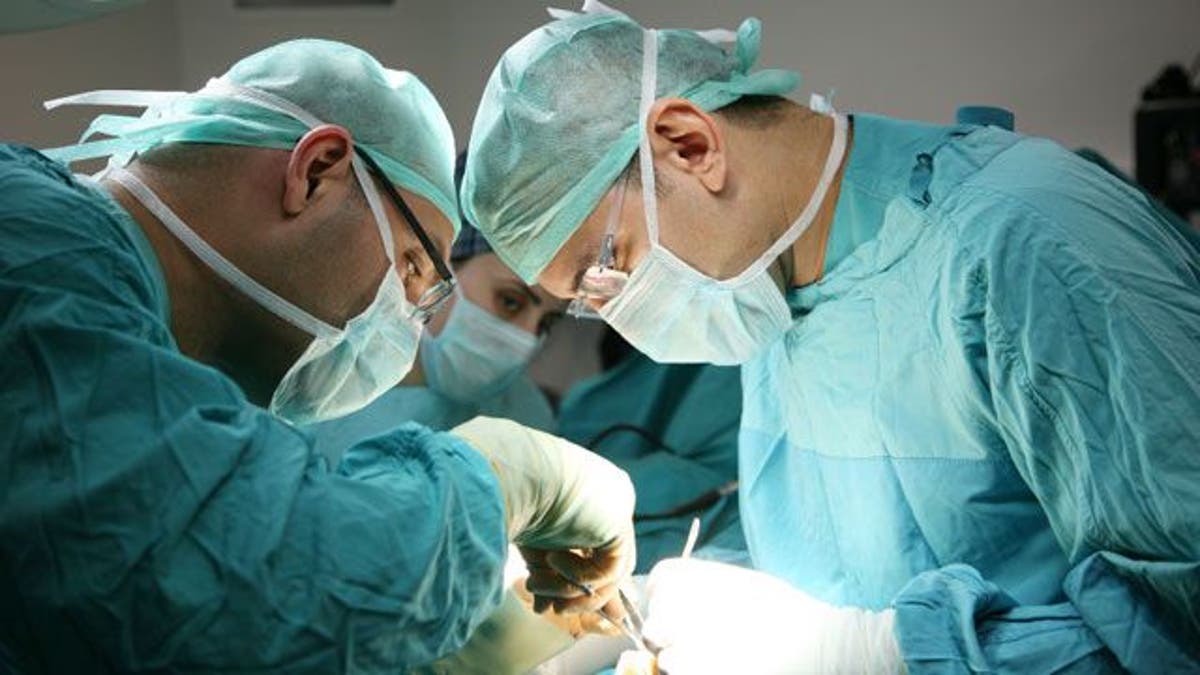
A local British authority is coming under harsh criticism for having a court declare a pregnant Italian woman incompetent, forcing her to have a cesarean section and then taking her baby into custody.
Much is unknown about the case of an unidentified Italian woman with a history of mental illness who came to London last year. According to a court ruling in June, she was "profoundly unwell" and experiencing paranoid delusions when she was detained at a hospital in Essex, east of London, under Britain's Mental Health Act.
In August, the Court of Protection, which makes decisions for people deemed unable to decide for themselves, made an "unusual order" that gave doctors in Essex permission to perform a cesarean section against the woman's will. Essex officials say the woman was too sick to care for her baby, which has been put up for adoption.
The woman has since hired a British lawyer to try to get her baby back. She has two other children in Italy who are being cared for by her mother. The baby's father is a Senegalese man living in Italy who has not been involved in the case.
Legal experts said the decision to force the woman to have a C-section was very rare but potentially justifiable if the woman was unable to make medical decisions for herself.
"You can only perform a C-section against a woman's will if she lacks capacity and it is in her best interest (medically)," said Penney Lewis, a medical law expert at King's College London.
John Hemming, a member of parliament and the chair of an advocacy group called Justice for Families, has questioned why the baby was placed for adoption.
"We still need answers," he said, wondering why the Italian woman was kept in England for six weeks before being given a C-section. He also called for an explanation as to why the woman's mother was not given custody of the baby.
Hemming said the failure of Essex officials to contact Italian authorities about the mother's detainment and the care of her baby violates international law. He has put forth a parliamentary motion that calls for increased transparency and says the British government must comply with international treaties.
The Essex County Council said in a statement that its social workers liaised extensively with woman's extended family to see if anyone could care for the child and that adoption was not considered until all other options were exhausted.
The British charity Bipolar UK also called the forced C-section and the continued separation of mother and child "unprecedented."
"If there were continuing concerns about the care of the child, one would have thought Italian social services would have been involved in determining what was best for the child," the group said in a statement.
It was not known exactly what mental illness the woman was diagnosed with.
Lewis, the legal expert, said there have been only a handful of forced C-sections in the past 15 years in Britain.
